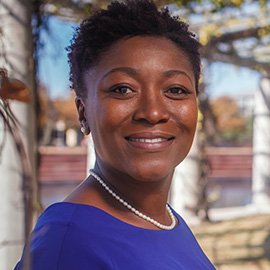We as a city should embrace emerging technology and markets based exclusively on what they add to our infrastructure. People need options and I believe alternative institutions are how we prevail in our fight to grow considerately and impactfully. Generally, the conflicts between consumer demands and government interests are a direct result of costs and opposing priorities. The government is a business entity with finite resources and the need for carefully allocating monies. Consumers are generally concerned about the issues that directly affect them, their families and their lives. I believe there is more than enough opportunity to find middle ground in these conflicts. he city has an obligation to help its citizens meet basic needs and thrive, however there would need to be the intentional implementation of a review process for allocation “match” funding based on a careful cost benefit analysis. Austin is fortunate in that many of our residents are generous with wealth by way of philanthropy and access to grants, endowments, etc. We need to exhaust every avenue for public and private dollars to ensure the quality of life of Austin residents is positive.
Innovation, Austin Chamber of Commerce
View All Reponses >>

